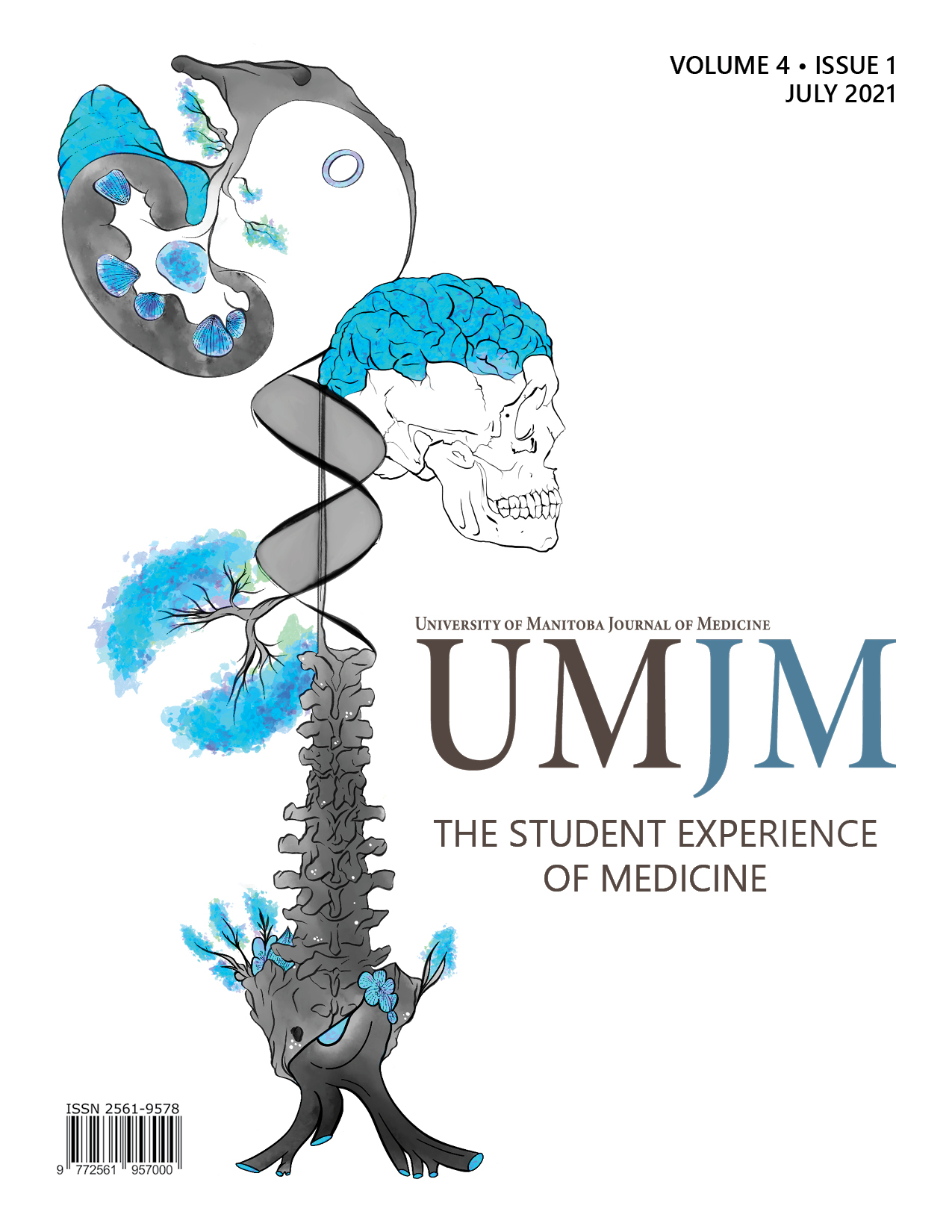Authors: Catherine Giffin BSc, Alexandra Ciapala MSc, Tamar Rubin MD, Cheryl Greenberg MD, Geoffrey Cuvelier MD, Paul Van Caeseele MD
Severe combined immunodeficiency (SCID) is a primary immune deficiency characterized by T cells that are either low in number, absent, or non-functional. SCID is fatal without treatment and has a higher incidence in Manitoba compared to the rest of Canada. Two founder mutations in Manitoba cause a T-cell positive SCID phenotype that cannot be identified using the T-cell receptor excision circle (TREC) assay, which is the commonest method of newborn screening for SCID. These are mutations of the ZAP70 and IKBKB genes and are present at increased frequency in the Mennonite and First Nations of Northern Cree ancestry populations, respectively. Currently, newborns in Manitoba are screened for inherited disorders by way of dried blood spot (DBS) specimens. We developed allele-specific real-time quantitative polymerase chain reaction (qPCR) assays for the detection of both variants using the DBS sample type. These assays were multiplexed together with the existing TREC assay (a multiplexed assay is an assay in which multiple targets are assessed within a single reaction mixture). This paper will give a brief introduction to the mutations of interest and describe the methodology and validation of this assay. We will also explore some of the implications of expanded newborn screening in Manitoba and Canada more broadly.
Keywords: severe combined immunodeficiency; newborn screening; First Nations and Inuit population, Manitoba
